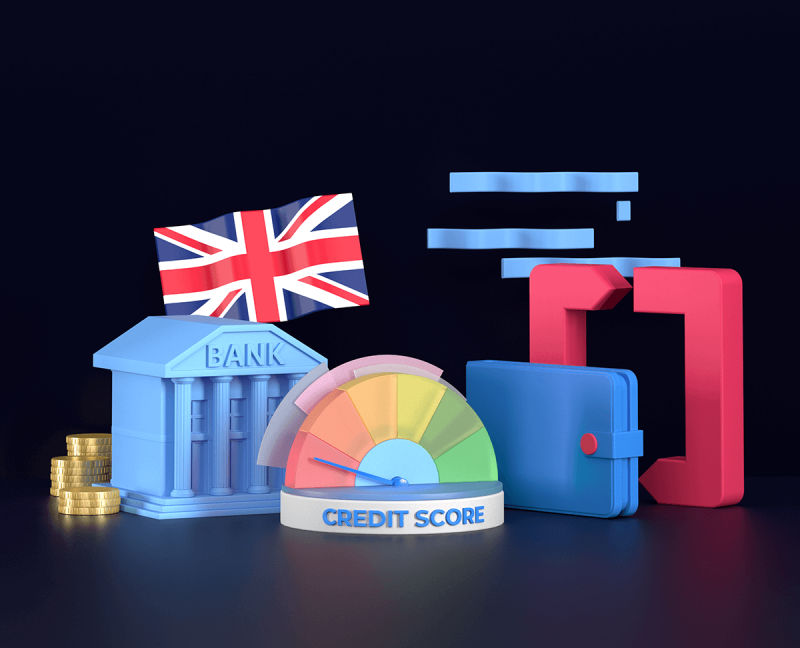
If you want to run any kind of business, no matter whether you’re a limited company, a partnership or a sole trader, you’ll need a bank account to handle receipts from customers and to pay suppliers.
But what happens if you have a poor credit score and are considered a bad risk in the eyes of a bank? A satisfactory credit score is usually needed to open any sort of account, and you can be refused if you don’t pass all the checks.
As a sole trader, you don’t have to open a business account (although it’s a requirement for limited companies), but there are advantages versus a personal account that will make it easier to run your business and manage cash flow.
So, if you want to open a sole trader bank account but are worried about your credit history, here are some things to consider and steps you can take.
If you’re thinking of opening an account with a high-street bank, there is a traditional way of doing things. Banks usually expect a formal approach, which means making an appointment to discuss your needs and presenting a business plan to show the viability of your idea.
If you’re setting up as a sole trader, or indeed any type of business, it’s prudent to make a clear plan. You need to know your marketplace, where your clients are coming from, what resources you’ll need to sustain your business, and what your profits are likely to be.
Without a credible plan, you’re simply relying on guesswork and luck, and neither will impress a bank or other financial partner, especially if you also have a bad credit history. Whatever your circumstances, a realistic and compelling business plan will certainly stand in your favour.
Do you know your credit history? Many people make applications for financial products or services without understanding their credit positions. You need to be aware of any issues so you can resolve them before applying for a business account. It’s easy to obtain your credit history, and many providers will give you a free report. For example, Clear Score and Totally Money.
You should make sure your credit history is correct, as errors do occur. Incorrect information, such as debts that have been cleared but are flagged as outstanding, will jeopardise your credit score. And if your name is misspelled or you have the wrong address, it could also affect the score. Any inconsistencies or discrepancies may raise a flag against your application for a bank account.
You need to be listed on the electoral register, otherwise it will be difficult to open a business account. At the very least, it will raise suspicions. Credit reference agencies use the register to confirm your name and address when you want to open a bank account.
As well as registering to vote, you should also provide your details to HM Revenue and Customs (previously known as the Inland Revenue). You must register with HMRC within three months of trading, and it’s sensible to register before applying for a bank account as some applications may be rejected if you’re not already registered with HMRC.
Perhaps this goes without saying, but if you take care of your day-to-day finances, your credit worthiness will improve. Limit the number of credit cards you use, don’t let debts pile up, and settle outstanding debts quickly. Missed payments, county court judgements, and high levels of existing debt will count against you. Keep your credit use low, as low usage will be viewed positively by financial service providers.
At one time, traditional high-street banks were the default option. Not anymore. Today, many digital challengers can offer a banking service and open the way to business accounts and payment services. After the financial crisis of 2007/8, banks became far more selective about taking on new business clients. Many start-ups were unable to open accounts and others had their accounts closed, while the impact of Covid-19 has led to an even tougher trading environment.
Sole traders who are turned away by banks, either because of a bad credit history or because of the current environment, should explore the options available from online business account and payment processing providers such as Safenetpay.
With Safenetpay, it’s simple to apply for an account. You’ll receive your own UK account number and sort code and can accept same-day payments straight from your British customers’ bank accounts. And you can reach customers across the EU with an IBAN (international bank account number) in your own name.
Contact Safetnetpay today and find out how it could be the perfect fit for your business account and payment processing needs.